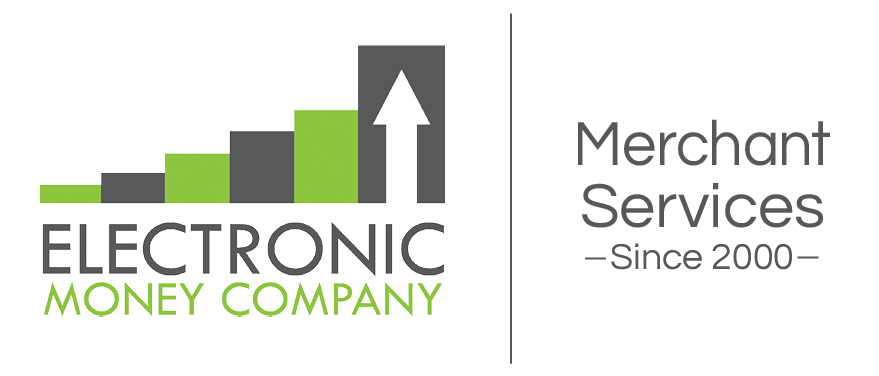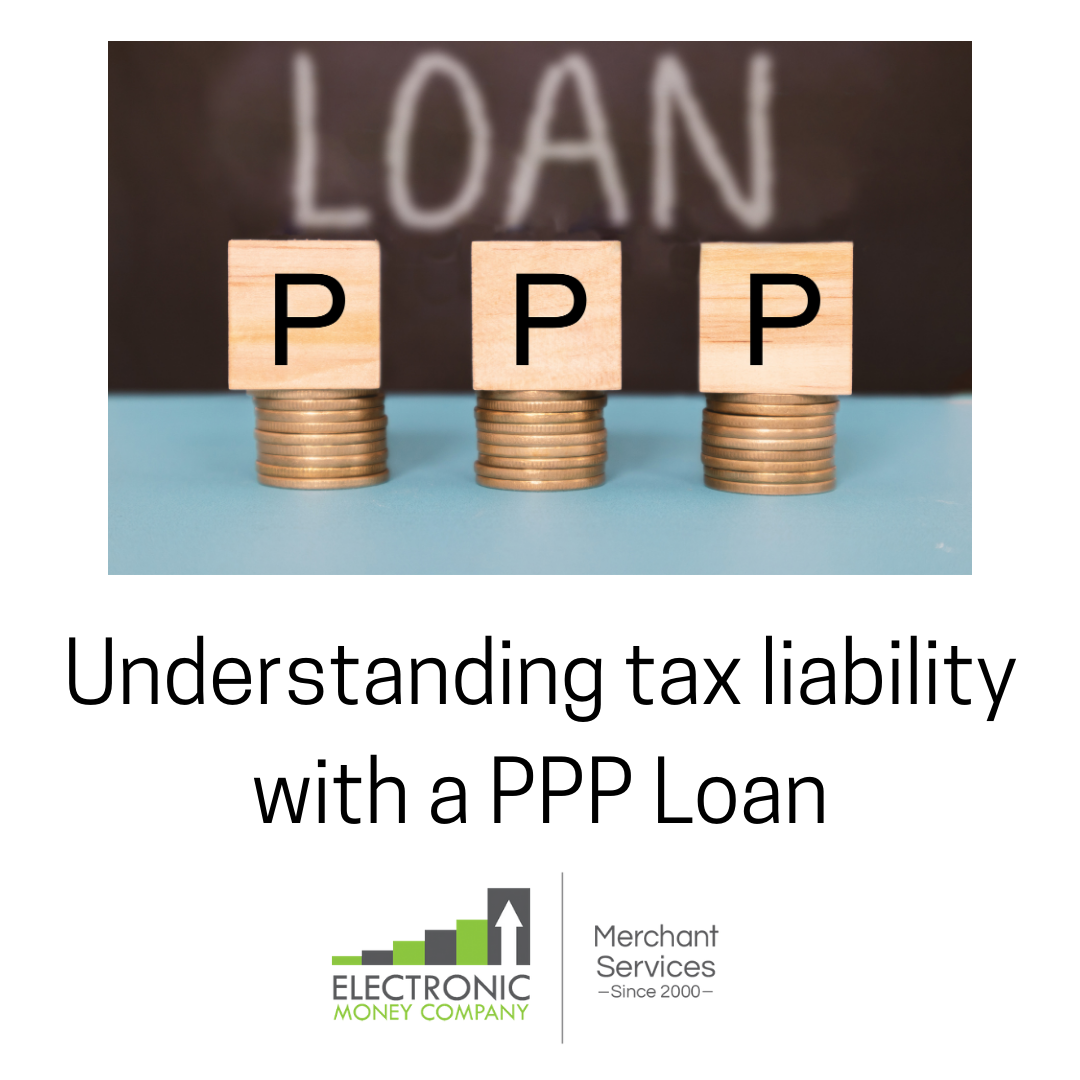We wanted to share some information regarding tax liability on PPP loans with our small business community. We are passing on this information gathered from consulting with our accountant, doing a preview of our tax liability for 2020. We received a PPP loan. Our accountant informed us that we need to pay taxes on the money according to the current tax law. However, we plan to apply for forgiveness next year, and there is a chance that Congress could reverse the tax liability law. Here is a quote from the chamber of commerce at uschamber.com
regarding this IRS liability.
“Does a forgiven PPP loan become taxable income?
A forgiven PPP loan is tax-exempt. However, using the loan can also reduce how much you can write off on your business taxes, so keep that in mind when applying for the loan. Usually, expenses like payroll, rent, and utilities are deductible from your normal taxable income, and it means you owe less tax at the end of the year. Without the deduction, your business may owe more taxes than it normally pays.
Can I write off payroll, rent and utilities as business expenses if I used a PPP loan
to pay for them?
No. As mentioned above, you can not write off these types of expenses if they were paid for with PPP loan funds. The Treasury Department has clearly stated it will not allow for “double-dipping.” A forgiven PPP loan is effectively an untaxed grant and, as such, the IRS wants to prevent employers from receiving a “double
tax benefit.” This does mean that some businesses may have higher taxable revenue in 2020 due to not being able to write off as many expenses.”
My accountant went on to say that the US congress is reviewing this tax liability and considering repealing it. The taxes are due in the year that the loan is forgiven. So, you can apply for forgiveness this year and pay the taxes or wait until next year and pay the taxes. However, perhaps Congress will reverse this tax liability. You can choose to wait until next year to apply forgiveness and hope the law changes and avoid the tax.
PS: Accountants are terrific when it comes to interpreting tax liability. But they are not the best source for determining if you are overpaying on credit card processing fees. Take a few minutes and contact us to get an honest evaluation of your current merchant statement.

